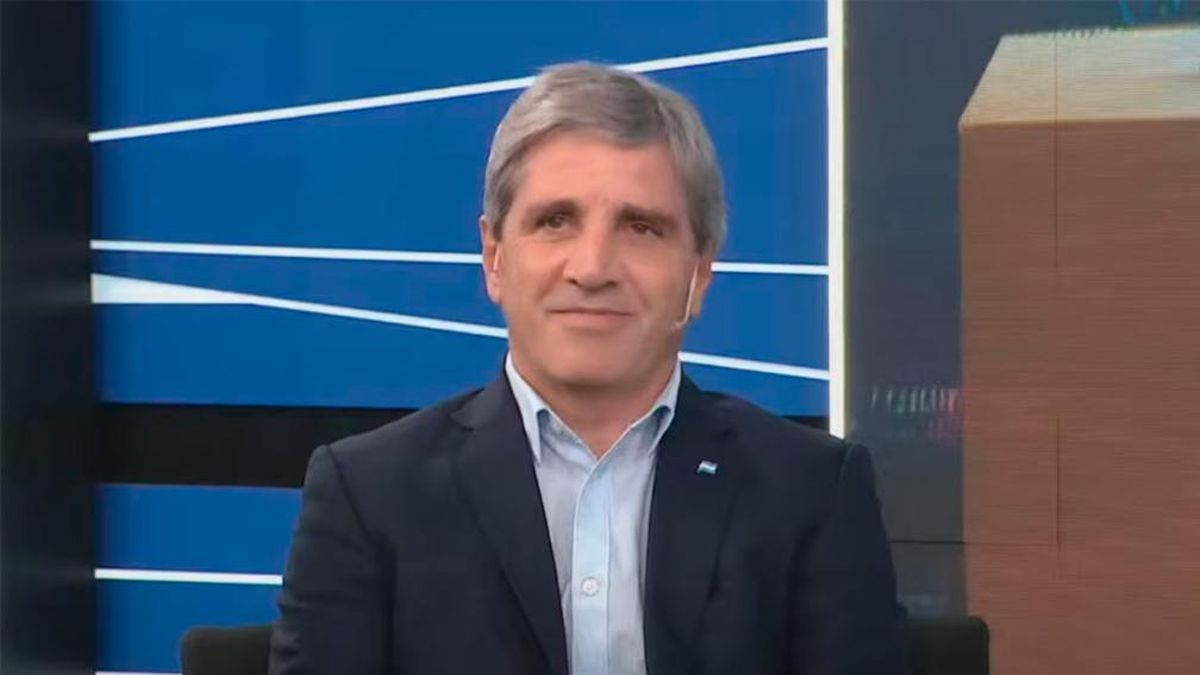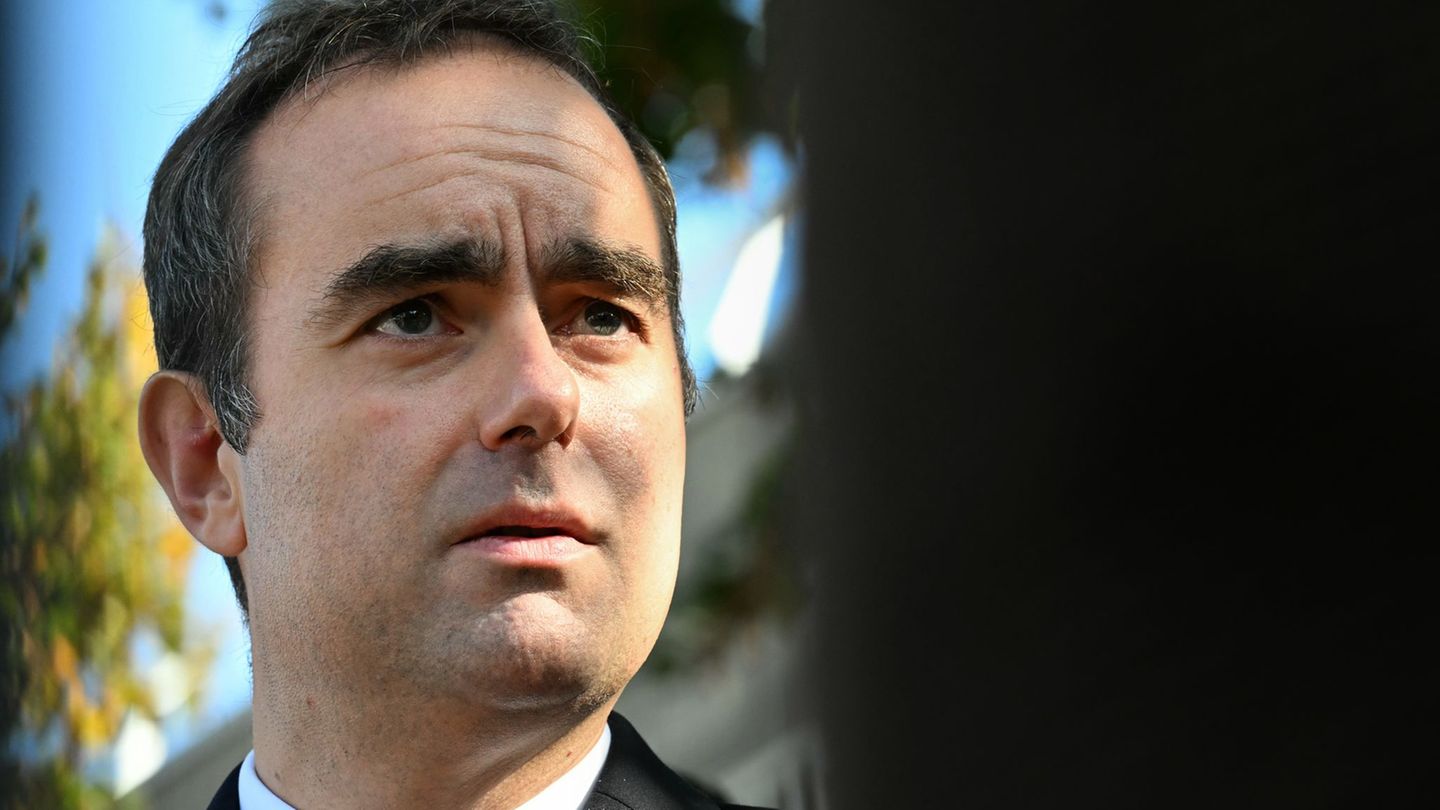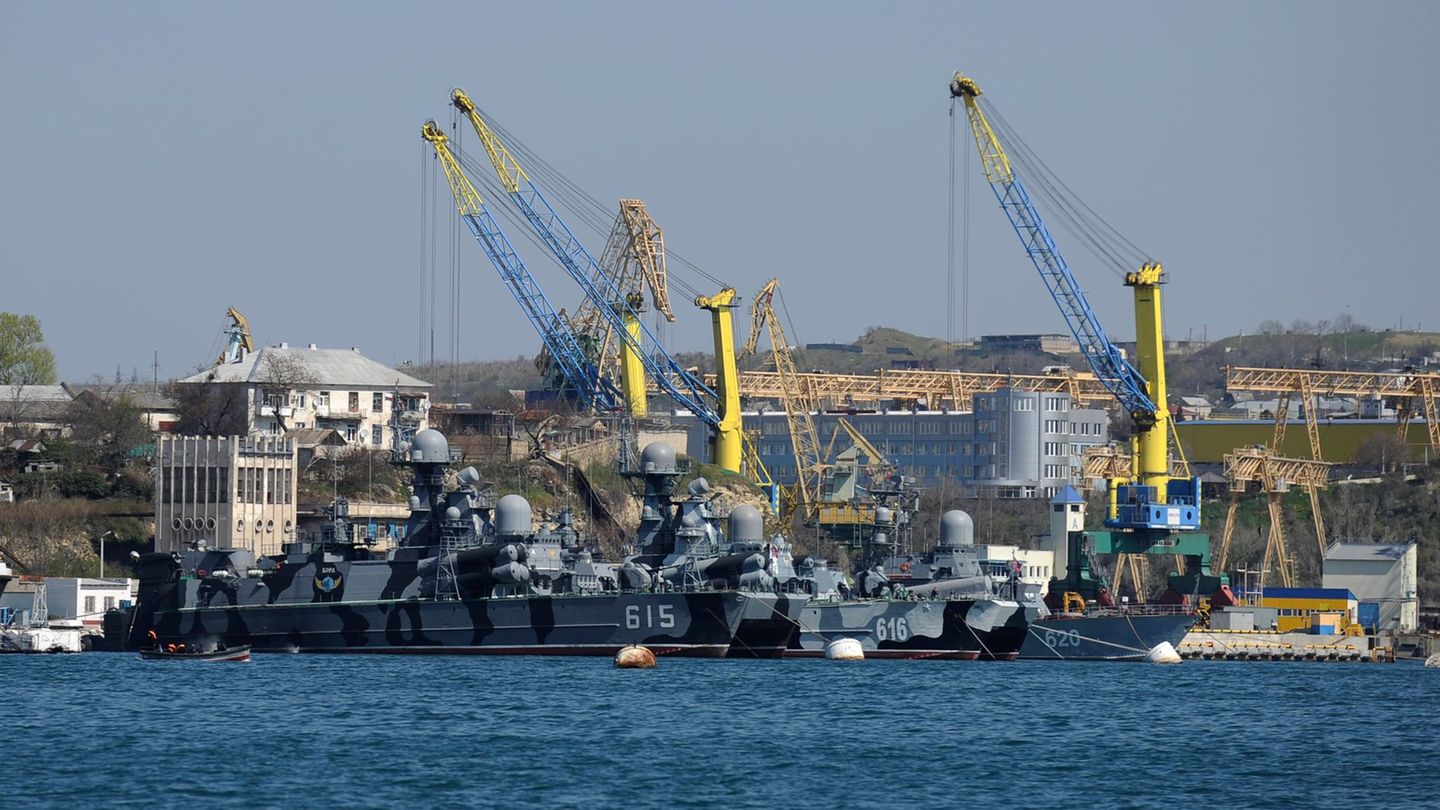I have been working in the news industry for over 6 years, first as a reporter and now as an editor. I have covered politics extensively, and my work has appeared in major newspapers and online news outlets around the world. In addition to my writing, I also contribute regularly to 24 Hours World.
Menu
The situation at a glance: Hope for a peaceful transition process in Syria
Categories
Most Read
Ukraine War: Report: Ukrainian attack hits oil depot in Crimea
October 12, 2025
No Comments
Donald Trump is convinced: “Gaza war is over”
October 12, 2025
No Comments
Political crisis: New government in France is in place – political crisis unresolved
October 12, 2025
No Comments
Gaza agreement: Trump before departure to Israel: “Everyone is cheering at the same time”
October 12, 2025
No Comments
Referendum: Referendum for basic income in Hamburg failed
October 12, 2025
No Comments
Latest Posts

Luis Caputo, after the agreement with the US: Dollarization is ruled out
October 13, 2025
No Comments
The Minister of Economy, Luis Caputoassured that “ dollarization is ruled out” and defended the agreement reached with USAwhich includes a 20 billion dollar swap.

France: New government in place, but problems remain
October 13, 2025
No Comments
crisis New government in France is in place, but the problems remain Listen to article Copy the current link Add to wishlist France has a

Ukraine War: Report: Ukrainian attack hits oil depot in Crimea
October 12, 2025
No Comments
IvanI have been working in the news industry for over 6 years, first as a reporter and now as an editor. I have covered politics
24 Hours Worlds is a comprehensive source of instant world current affairs, offering up-to-the-minute coverage of breaking news and events from around the globe. With a team of experienced journalists and experts on hand 24/7.

